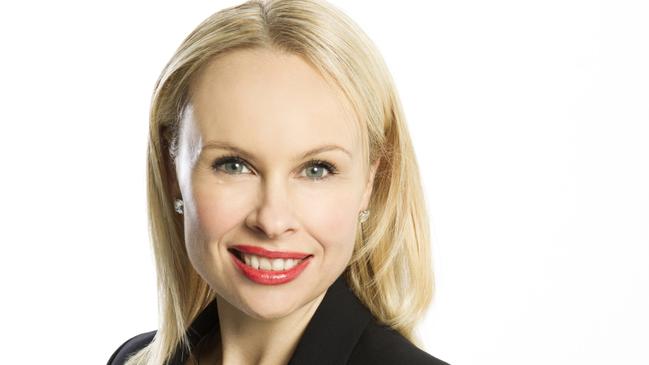Experts answer: How can employers adjust their recruitment for people with autism?
Our panel of recruiters answers a reader’s question each week. Have a question? Email careers_qs@news.com.au

Careers
Don't miss out on the headlines from Careers. Followed categories will be added to My News.
How could employers adjust their recruitment process to see what a person on the autism spectrum has to offer their organisation?
Lisa Morris
Director, Hays
There are various adjustments that could be made depending on the individual.
Rather than recommending one set of universal adjustments, our advice is to ask candidates during the application process or before an interview if they require any support or modifications.
Be careful to avoid stereotyping, since the level of adjustments required for each person on the autism spectrum does vary.
Some of the following actions may help.
For instance, make a calm and private space available for the candidate to wait before the interview, if it is occurring in person.
Then, during the interview, be aware of any social and communication challenges the candidate may be facing.
For instance, focus on identifying the skills a candidate has rather than letting a lack of eye contact or difficulty answering questions hide their competencies.

When you ask questions, be prepared for a delay if the candidate needs to process what has been asked before answering.
Try to ask specific rather than general questions.
The candidate may give lengthy and detailed answers, so allow additional time for the interview.
Conversely, you may need to prompt the candidate at times for more information.
It’s also advisable to research best practice hiring tips as there are a lot of resources available to help employers.
Megan Nicholson
General manager, Entree Recruitment
People with autism may have sensory processing issues as well as difficulties understanding body language, facial expressions, vocal tone and social norms.
In order to best set a candidate up for success, it would be beneficial to avoid panel interviews and organise sequential interviews on different days, as well as think about quiet spaces without heavy visual, scent or lighting distractions in order to avoid sensory overload.
Questions should be more direct and you could incorporate jobs skills testing into the process.
It is important to also focus on ability and skill.

Andrew Sullivan
Managing director, Sullivan Consulting
It is an employer’s responsibility to be unbiased during the recruitment process to ensure each candidate is treated fairly and given proper assessment.
Many disorders, medical conditions, and disabilities are not reflective of skill, work ethic, workplace cultural fit, and other factors that are valued in prospective employees.
Therefore, employers should not adjust the recruitment process unless a candidate specifies any challenges they may experience in the role.
When presented with this information, employers should adapt according to the specific circumstances.
One such way would be to place less weight on certain selection criteria.

Alexandra Rosser
Head of Organisational Psychology Consulting, Stillwell Management Consultants
Ideally, employers should obtain external or, if fortunate to have employees on the autism spectrum already, internal advice on what sort of adjustments would have meaningful impact.
Adjustments to consider could include making a statement in the advertisement or on the company website specifying that applications from autistic and neurodiverse candidates are welcome; advertising through specific social media channels that are designed for those on the spectrum; providing a point of contact within the organisation to whom candidates can call to discuss their specific needs, training internal recruitment staff in best practices for interviewing autistic people; avoiding highly stimulating locations for interviews; and providing alternative or additional options to an interview for autistic candidates to best demonstrate their skills and experience.
Employers can also partner with organisations which have specifically developed a pool of talented people on the spectrum and can help employers match their job to suitable candidates.

For more Careers news, advice and reader questions answered, visit adelaidenow.com.au/careers
Originally published as Experts answer: How can employers adjust their recruitment for people with autism?




